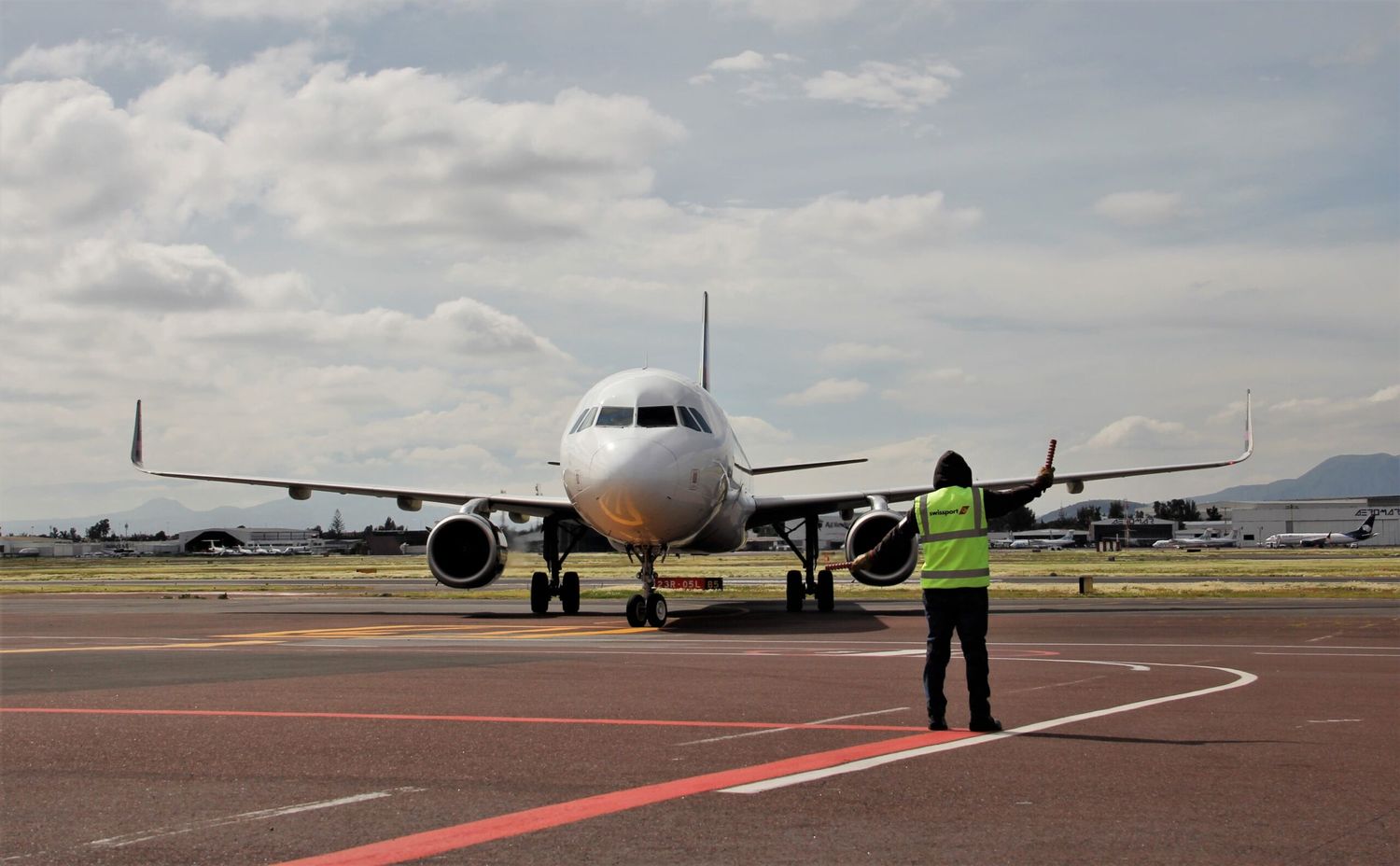The European Union Aviation Safety Agency (EASA) has issued an Airworthiness Directive (AD) to examine a possible source of ignition in the fuel tanks of all Airbus A320 family aircraft. This AD resulted from multiple failures of type 8410 fuel pumps, part number 568-1-27202-005, reports the agency.
A subsequent investigation concluded that the failure occurred due to the unscrewing of one of the two bolts and nuts holding the gas return connector at the top of the engine casing. The EASA warned that if this condition was not detected and mitigated, it could lead to ignition in the tanks, affecting the integrity of the aircraft’s structure and systems.
Consequently, the EASA issued an AD on May 25, 2023, which mandates all A320 family aircraft operators to replace the fuel pumps after inspections. Two different pumps to be replaced are designated as pump A (P/N 568-1-27202-001, P/N 568-1-27202-002, or P/N 568-1-27202-005) or pump B (P/N 568-1-27202-02R).
EASA has categorized them into two groups. Group 1 encompasses the A319 and A320 without the A321 central fuel transfer system and all A318s, requiring the B pump to be inspected in the central fuel tank at locations FIN 37QA and 38QA, following the Airbus Alert Operator Transmission (AOT) A28N010-22-00R1 instructions.
Group 2 corresponds to the A319 and A320 with the A321 central fuel transfer system and all A321s, and requests the inspection to be performed on the wing at locations 21QA, 22QA, 25QA, and 26QA, citing the AOT.
If pump replacement proves necessary, airlines must carry it out before any subsequent flight. Otherwise, the replacement must occur within a window of 4,000 flight hours (FH) after inspection. In addition, the safety regulator also prohibited the installation of pump B at any central fuel tank or wing locations.
This AD comes into effect on June 8, 2023, and impacts all models of the Airbus A320ceo and A320neo family, ranging from the A318 to the A321neo. The EASA indicated that this is a provisional measure, and further actions may be adopted later.


Comentarios
Para comentar, debés estar registrado
Por favor, iniciá sesión